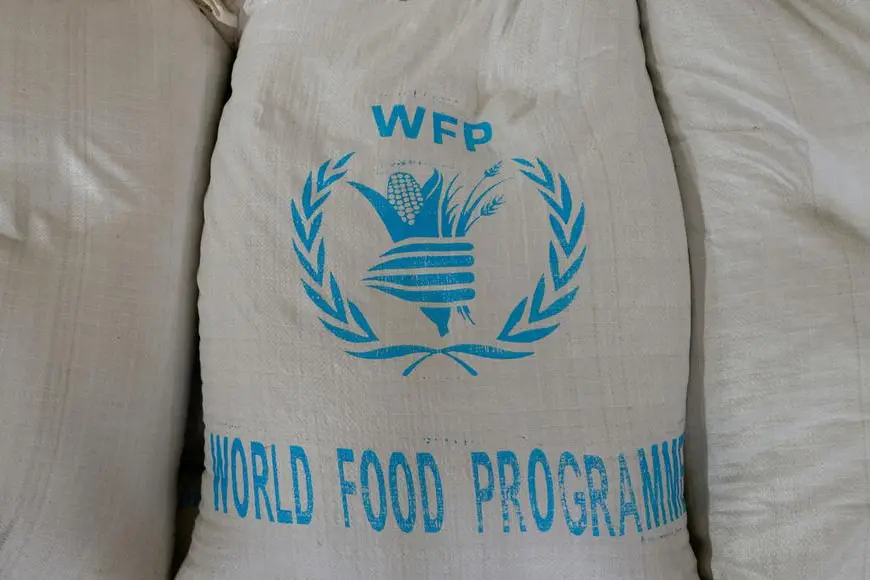PHOTO
The World Food Programme (WFP) has secured $118 million to support over one million displaced people in seven eastern Africa countries, including five East African Community (EAC) member states.
The fresh funding boost from the US through USAID’s Bureau for Humanitarian Assistance, comes as WFP reported a two-fold increase in the number of displaced people requiring emergency food rations in the region in the past four years alone.
EAC countries Burundi, Kenya, Rwanda, Tanzania and Uganda are among the beneficiaries, along with Djibouti and the Republic of Congo, according to a WFP media bulletin from its Nairobi office on December 13.
It said the funds would enable the delivery of essential and “life-saving” food aid and cash transfers to displaced people in these countries who comprise refugees, asylum seekers, returnees, internally displaced persons, and food-insecure host communities.
According to WFP, displaced people have risen in numbers across the eastern Africa region from 13.2 million in 2020 to 26.5 million in 2024, mainly due to conflict, economic upheaval and extreme weather conditions.
But the growth in numbers has not been matched by a growth in WFP resources, placing the agency in a difficult position when it comes to making decisions about who receives food aid, when and how much.
Critcal boostThe bulletin quoted Laurent Bukera, WFP’s director for eastern Africa, as saying the latest funding was “critical to ensure we can maintain support for these vulnerable displaced people, many of whom rely almost entirely on humanitarian assistance to survive.”Of the countries earmarked for this latest humanitarian aid package, Uganda has the highest number (1.4 million) of refugees and asylum seekers that WFP currently supports.
Kenya (650,000), Tanzania (191,000) and Rwanda (120,000) follow, while in Burundi WFP supports over 60,000 and in Djibouti an estimated 23,000.
WFP also supports 52,000 refugees and nationals in Uganda with livelihood strengthening activities that support a transition to self-reliance.
WFPHowever, none of the displaced people in these countries are receiving full food rations (equivalent to 2,100 kilocalories) due to WFP’s funding pressures.
The bulletin said the new funds would also help to prevent a “pipeline break” in WFP’s refugee operation in Rwanda, ensuring continuity and stability for the most vulnerable through early 2025.
According to ReliefWeb, the information wing of the United Nations Office for the Coordination of Humanitarian Affairs, there were an estimated 62 million food insecure people in the region as of July, making the food security and nutrition situation even more alarming.
The agency’s August situation update named Sudan (25.6 million), Ethiopia (15.8 million) and South Sudan (7.1 million) as the hardest hit countries, although the latest WFP aid package does not include any of them.
Somalia, which is fourth on the list (3.4 million people) is also not among the beneficiaries.“The latest available data from the region estimates that 11.6 million children aged below five are suffering from acute malnutrition and 2.9 million of them from severe acute malnutrition (SAM),” ReliefWeb says.
© Copyright 2022 Nation Media Group. All Rights Reserved. Provided by SyndiGate Media Inc. (Syndigate.info).




















